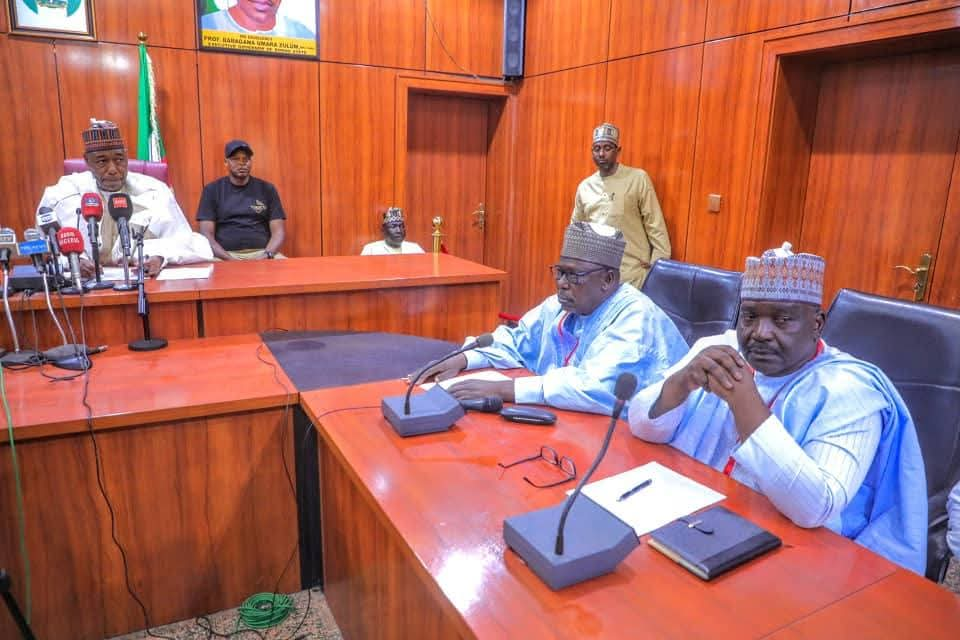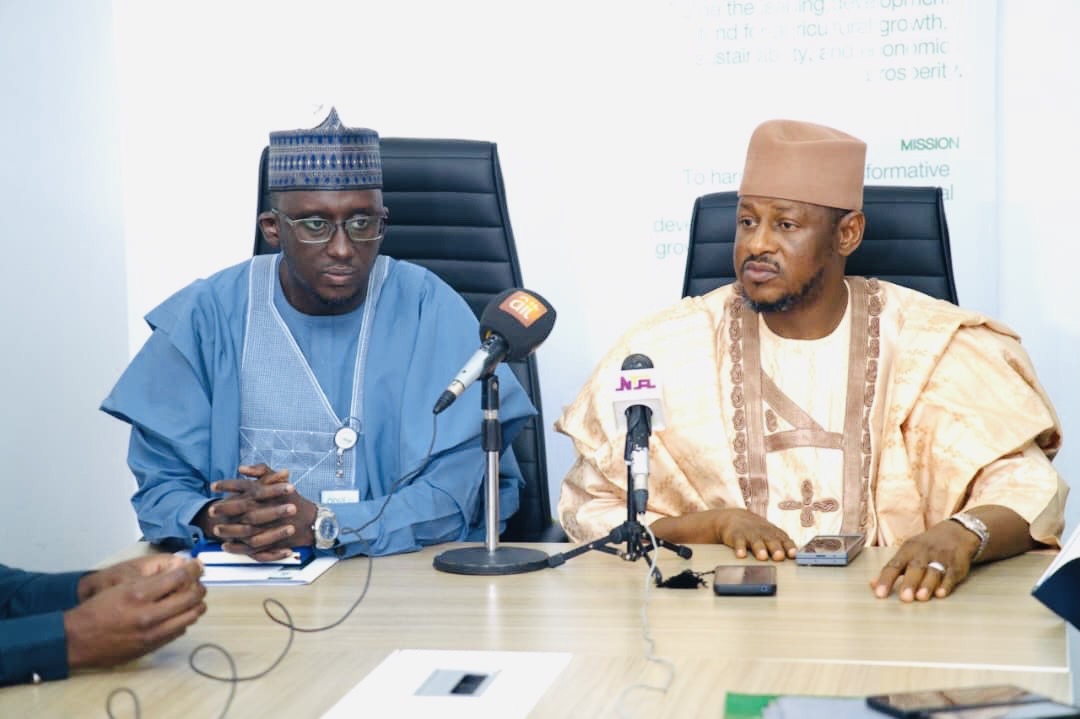Expert advises veterinarians on judicious use of antimicrobial resistance
By Dorathy Aninge Veterinarians have been advised to team up with researchers and ensure judicious use of Antimicrobial Resistance (AMR) in livestock production. The Managing Director of Blueblood Veterinary Limited, Mr Abubakar Muhammad, gave the advice in Makurdi at the 2025 World Veterinary Day celebration and N20 million appeal fundContinue Reading





















